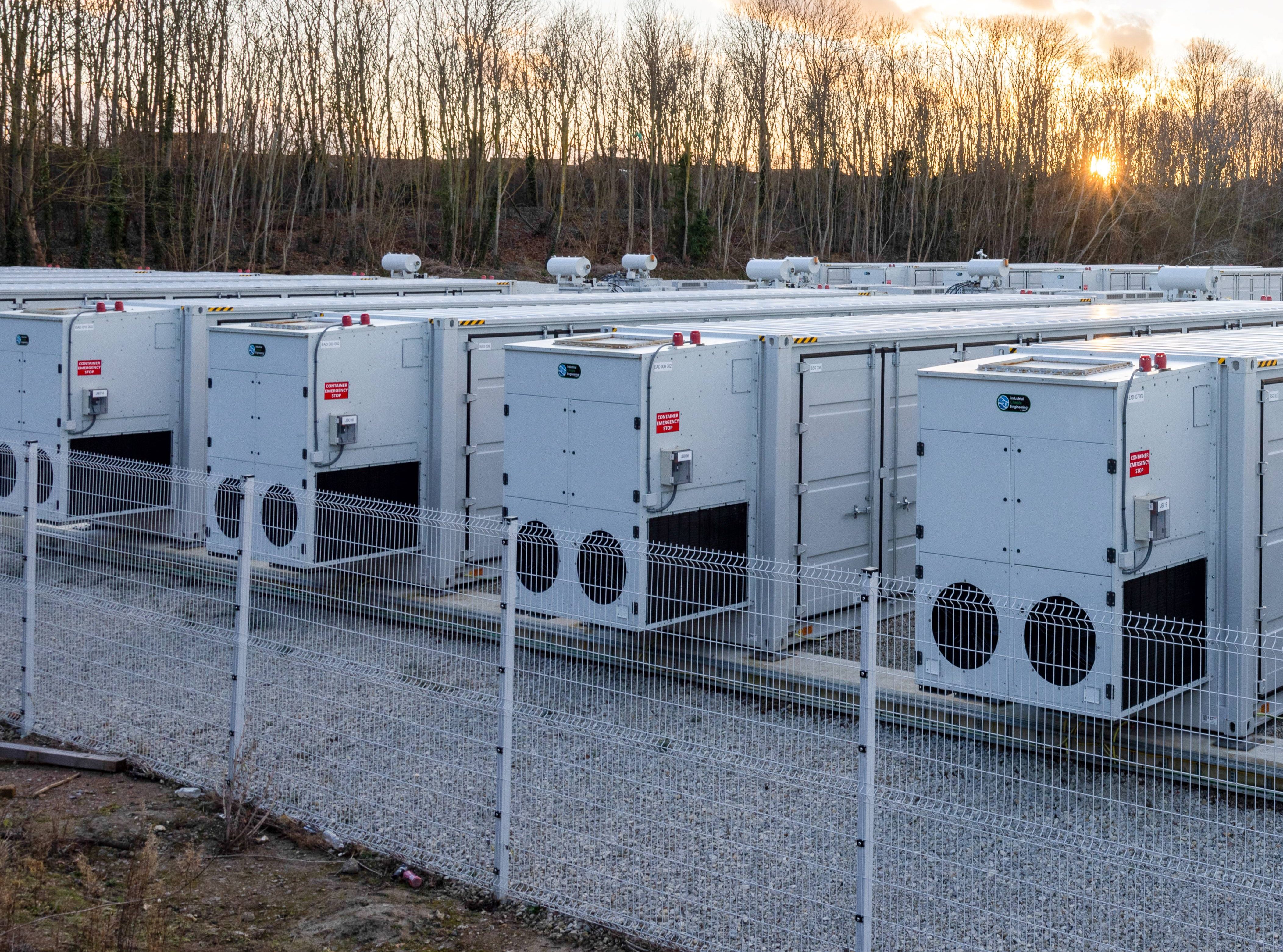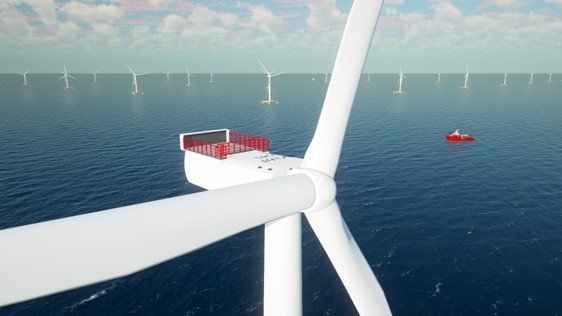EDF Renewables UK has secured planning approval for three new grid-scale battery sites in Kent, Norwich and Essex which will support the transition to a decarbonised electricity system and accelerate the UK’s net zero ambitions. These developments mark a significant milestone and continued momentum in the company’s plans to deploy cutting-edge battery storage facilities in strategic locations nationwide.
- The 57 MW / 114 MWh lithium-ion battery storage facility in Braintree, Essex, the latest project to receive planning approval, is expected to begin construction in early 2024, with the aim of being operational in early 2025. EDF Renewables is looking to have a positive impact on the local environment with a biodiversity net gain at the Braintree site.
- The 114 MW / 228 MWh lithium-ion battery storage facility in Swainsthorpe, Norwich, was consented at the end of August 2023 and is expected to begin construction in early 2024. As well as supporting Norwich City Council’s commitment to achieve carbon neutrality by 2050, EDF Renewables UK will also improve biodiversity in the area by planting trees, new hedgerows and enhancing the existing pond on site.[1]
- The 50MW / 100 MWh lithium-ion battery storage facility near Sellindge, Kent, received consent in July and will support Kent with its ambitions of becoming a net zero county by 2050 to help tackle the climate crisis.[2]
As shown by the recent energy crisis, renewable energy is increasingly important to our energy security and continues to be the cheapest source of energy. However, to support a smooth transition to having more renewables in the system, the UK needs to invest in technologies such as energy storage to maximise its benefits, storing surplus energy and enabling a more resilient, stable and reliable grid.
With the UK government setting ambitious targets to decarbonise the power system by 2035, demand for electricity expecting to increase by 50%, and electric vehicles needing to see a 21-fold increase on EVs on the road to meet net zero emissions by 2050, battery storage is even more essential to managing the country’s electricity needs.
As of Q2 2023, total battery energy storage capacity in Great Britain reached up to 2.9 GW, and this is forecasted to reach 4GW by the end of the year.[3] Currently, EDF Renewables UK has two 50 MW battery storage facilities operational in Kemsley and Oxford, with two more sites in the West Midlands becoming operational this autumn, and a further two sites currently in construction.
The Braintree, Norwich and Sellindge battery storage sites are co-located with nearby solar projects. All three projects will leverage the benefits of coupling renewable sources with battery storage systems to help power and stabilise the UK energy grid.
Simone Sullivan, Head of Storage at EDF Renewables UK said: “The approval of our Sellindge, Norwich and Braintree battery storage facilities is an active proof point of the growing momentum behind battery storage and we are really pleased with the progress we’ve been able to make over the summer. We are taking an important step towards creating a smarter, cleaner and more resilient electricity system that will enable the transition to renewables that we need as we look to tackle the climate crisis.
“What we’re doing is not only providing the battery technology needed to improve grid flexibility but also co-locating it near our planned solar farms – breaking new ground to ensure a zero-carbon energy system for these regions.”
In total, EDF Renewables UK plans to deliver up to 2 GW of transmission-connected battery storage and high-volume power connections through its Energy Superhub approach. These Energy Superhubs, such as the one located in Oxford, combine transmission-connected batteries and power infrastructure for EV charging, enabling more renewables and accelerating the decarbonisation of transport in the UK.
EDF Renewables UK remains committed to working closely with local communities, stakeholders, and environmental experts to ensure that these battery storage facilities are developed in an environmentally responsible manner, adhering to the highest standards of safety and sustainability.
[1]https://www.norwich.gov.uk/info/20195/policies_plans_and_strategies/3606/environmental_strategy_2020-25/6
[2] https://www.kent.gov.uk/environment-waste-and-planning/climate-change/climate-emergency-statement
[3] https://platform.modo.energy/phase/article/9517/battery-energy-storage-buildout-report-update-q2-2023






